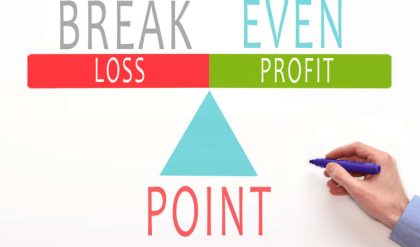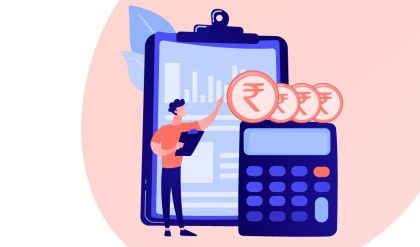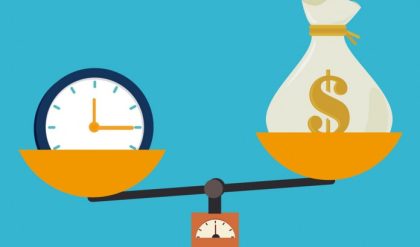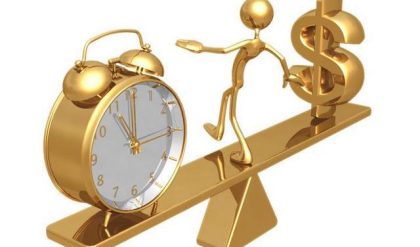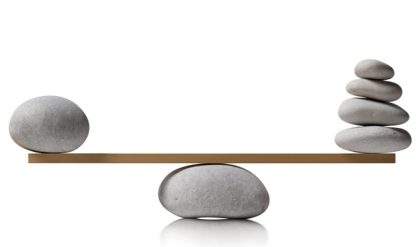Inflationary pressure in an economy my generate good effects on the economy, particularly in case of ‘creeping’ or ‘walking’ inflation.
Favourable impacts
(a) Higher profits : Profits of the producers are generally favourably affected by inflation, because they can sell their products at higher prices.
(b) Higher investment : The entrepreneurs and investors get added incentives to invest in productive activities during inflation, since they can earn higher prices.
(c) Higher production : If productive investment grows during inflation, it would lead to higher production of various goods and services in the economy.
(d) Higher employment and income : Increase in the output of different goods during inflation would also mean increasing demand for various factors of production. So, it is expected that employment and income opportunities will also increase during inflation.
(e) Possibility of higher income for the shareholders : During inflationary periods, if the companies earn higher profits, they can declare dividends for their share-holders. Hence, the dividend income of the shareholders may also rise during inflation.
(f) Gain for the borrowers : Inflation means a decrease in the value or purchasing power of money. If the rate of interest to be paid by the borrower is less than the inflation rate, the borrower will gain. Because the real value of the money returned by the borrower is actually less than that of the money borrowed earlier.
Unfavourable Impacts
(a) Fall in the real income of fixed-income groups : Real income means purchasing power of money income [Real income = (money income ) / (price level).] Given the money income of the fixed income groups, the real income will fall during inflation. Hence, inflation affects workers, salaried people and pension-earners adversely.
(b) Inequality in the distribution of income : The profit incomes of businessmen and entrepreneurs increasing during inflation while the real income of the common salaried people declines. So, inequality in the distribution of income become acute during inflation.
(c) Upsets the planning process : When prices of goods, materials, and factor services increase continuously, then more money hasto be spent for the completion of any investment project taken up during any planning period. If more financial resources cannot be raised by the Government (through savings or taxation), plan targets are to be curtailed.
(d) Increase in speculative investment : If the price level rises at a fast rate, speculative investment (say, purchasing shares, land, gems, etc., just for speculative purposes) may increase in the economy for earning quick profits. These types of investments do not help in the creation of productive capital in the economy.
(e) Harmful impact on capital accumulation : If the price-rise becomes chronic, people prefer goods to money (because the real value of money will fall in future). They also prefer immediate consumption to consumption in future. So, their desire to save is reduced. When both ability and willingness to save become less ,a smaller amount of fund becomes available for further investment. As a result, it creates a harmful impact on capital accumulation, since capital accumulation in an economy depends on the growth of investment.
(f) Lenders will lose : We have already indicated that borrowers will gain during inflation. For this same reason, lenders will lose during inflation. Because, they are actually receiving an amount having lower value (or purchasing power) than before.
(g) Harmful impact on export income : If the prices of export items also increase during inflation, their demand in the foreign market may fall. This leads to a fall in the export income of a country
